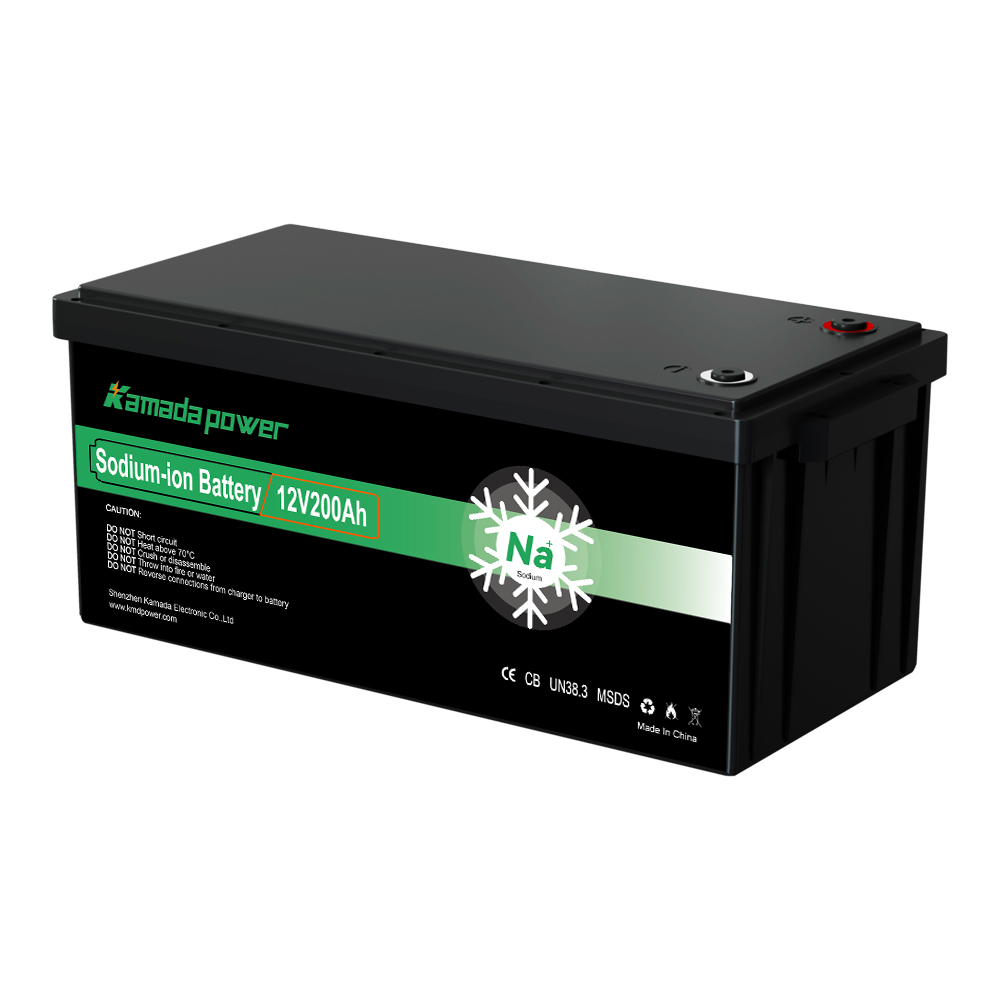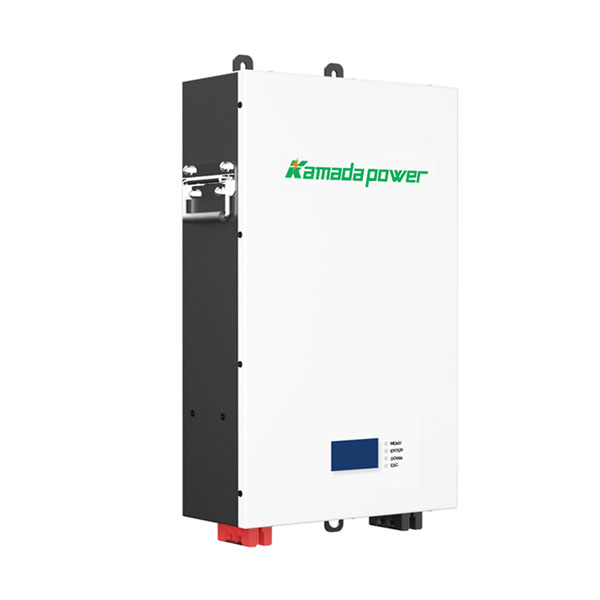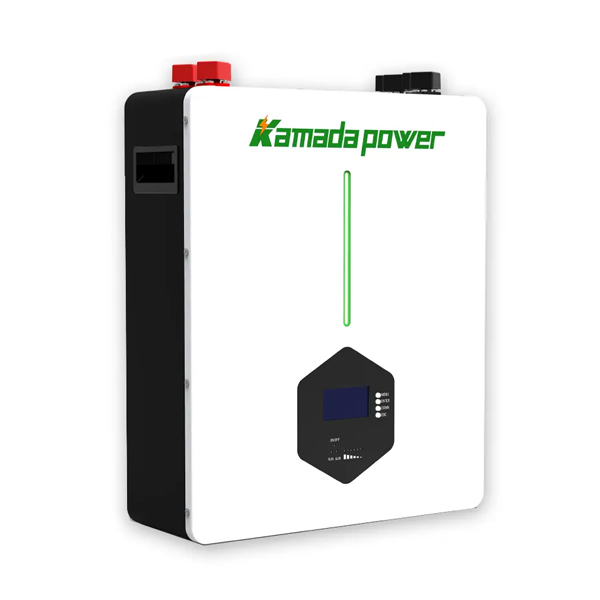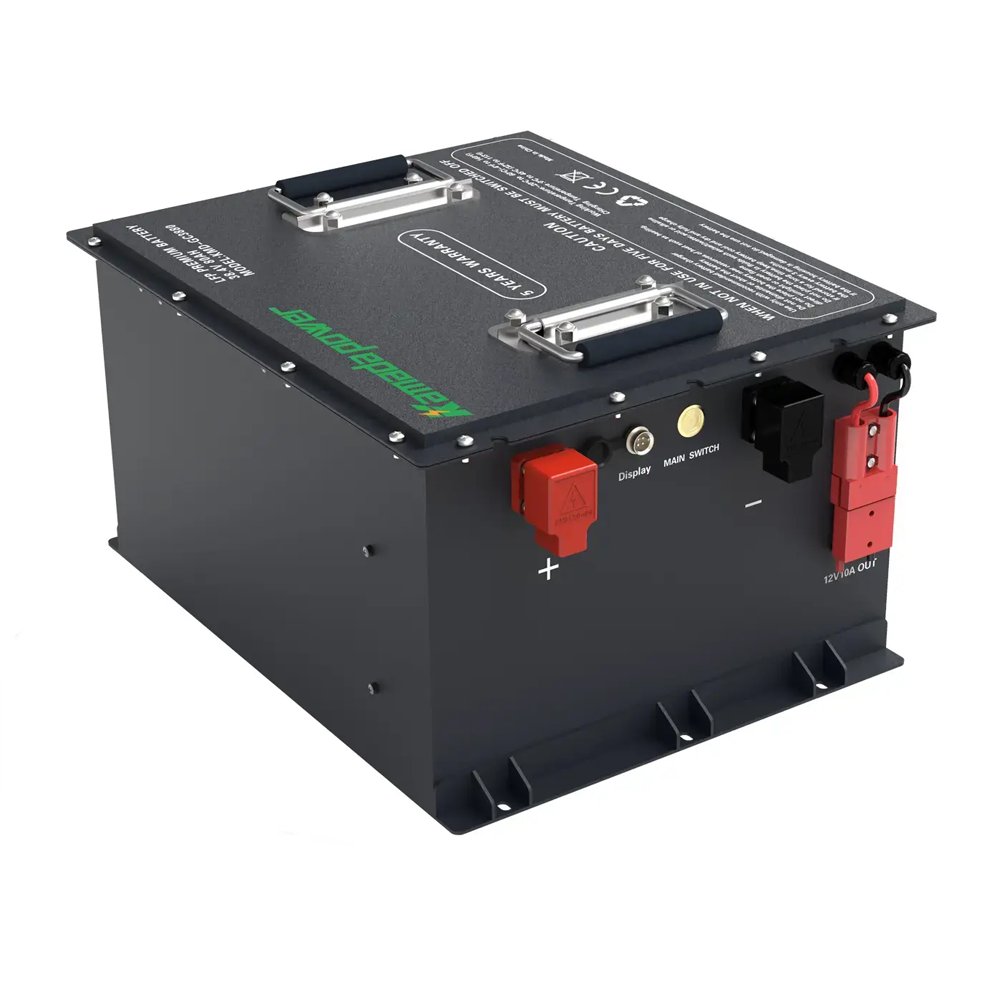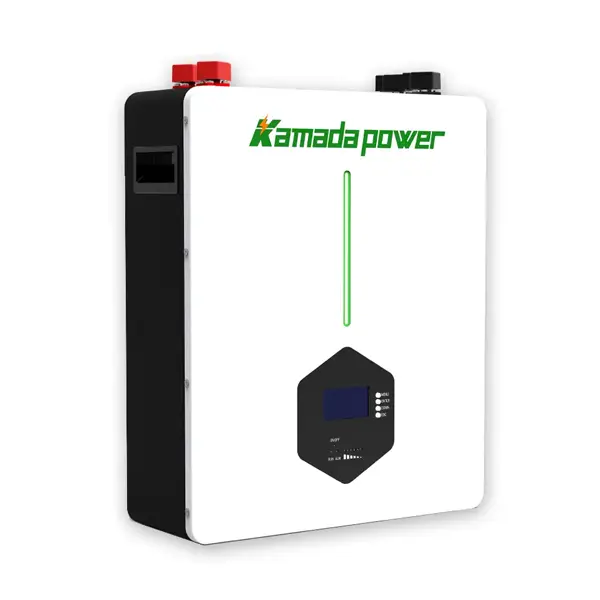Is a 10kWh Battery Enough for Your House? Thinking about a home battery? Is 10 kilowatt-hours (kWh) enough? It depends on your home and what you need the battery to do.
Do you want to power everything in your house, or just the important stuff (like the fridge, some lights, and internet) when the power goes out? Your goal matters for the size you need.
10kWh Energy vs. System kW Power
This is key! Don’t get confused.
- 10 kWh: Think of this as the fuel tank size. It’s how much total energy the battery stores. More kWh means more “fuel.”
- kW: Think of this as the engine size. It’s how much power the battery system (battery plus the inverter) can give at one time.
You need оба. A big tank (kWh) but small engine (kW) means limited appliances. A big engine (kW) but small tank (kWh) means power but runs out fast.
For a battery system to be “enough,” both the kWh capacity (the tank size) AND the system’s kW power output (the engine size) must match what you need.
What Can a 10kWh Battery Power, and For How Long?
Okay, let’s get practical. What does a 10kWh feel like in your house? It depends on the power (kW) each appliance uses and how long (hours) you use it (which adds up to kWh).
Here’s a quick look at common items. Your battery system’s kW output must be high enough to run these at the same time.
Table 1: Typical Appliance Power Use
| Прибор | Power (W/kW) |
|---|---|
| LED Light Bulb | 5-15W |
| Холодильник | 100-200W |
| Wi-Fi Router/Modem | 10-30W |
| ТЕЛЕВИЗОР | 50-150W |
| Микроволновая печь | 800-1500W (High burst) |
| Central AC (3-ton) | 3-5 kW (VERY high) |
| Many more listed in full guide | See full guide |
How long 10kWh lasts depends on the total power (kW) running now и total energy (kWh) used over hours.
Table 2: Estimated Runtime from a 10kWh Battery (Tank Size)
| What’s Running (Example) | Total Power (kW) | Est. Runtime (10kWh) | Примечания |
|---|---|---|---|
| Basic Essentials (Fridge, lights, Wi-Fi) | ~0.5 kW | ~20 hours | Needs ~1kW+ system output. |
| Basic + TV, charging | ~1 kW | ~10 hours | Needs ~1.5kW+ system output. |
| Basic + Central AC | ~3-5 kW | ~2-3 hours | Needs HIGH kW system output (3-5 kW+)! |
Rough estimates. Real life varies. The system’s kW output is a limit.
Thinking about your goals helps estimate roughly what you might need. Here are some simple examples:
Table 3: Quick Look at Needs for Different Goals (Estimates)
| Your Goal | What Powering (Examples) | Rough Peak kW | Rough Daily kWh | 10kWh System Likely Enough? |
|---|---|---|---|---|
| Basic Backup (24 hrs) | Fridge, lights, Wi-Fi | 0.5-1.5 kW | 5-10 kWh | YES (if system kW matches) |
| Backup + AC/Well Pump | Basic + AC или Pump | 3-6 kW (High) | 15-30+ kWh | UNLIKELY (Need more kWh & higher kW system) |
| Daily Solar Use | Store sun power for evening | Varies | Varies | OFTEN YES (if system kW matches) |
| Full Off-Grid | Everything, all time | Высокий | High (20+) | PROBABLY NOT |
Quick examples! Your actual needs vary.
Важно: If your goals need more energy or power than a single 10kWh Battery likely provides (look at the ‘UNLIKELY’ or ‘PROBABLY NOT’ rows in Table 3), don’t worry! Most home battery manufacturers 10kWh home battery products, like the Tesla Powerwall, are designed so you can connect multiple battery units together in parallel. This lets you build a bigger system with more total kWh capacity and more total kW power output to meet those higher needs.
What Factors Determine Your Needs (kWh & kW)?
Factors tell us why your home needs a certain size system:
- House Size/Insulation: Bigger or less insulated -> more AC/heat -> more kWh, maybe higher kW (if backing up).
- Family Habits: More people/devices on -> more kWh, higher peak kW.
- Must-Run Appliances: Well pump, AC, medical gear -> significantly increase needed kW and kWh.
- Location/Outages: Long outages -> more total kWh needed for duration.
How Do You Calculate Your Home’s Energy (kWh) and Power (kW) Needs?
Find Ваш numbers! You need both total kWh и peak kW.
- Find Your Daily Energy (kWh):
- Check past electric bills (last 6-12 months). Find total monthly kWh.
- Divide by days in month = average daily kWh.
- Пример: 600 kWh / 30 days = 20 kWh/day. For backup of essentials, estimate kWh только for those items (see Table 2 examples).
- Find Your Peak Power (kW):
- This is the most power used at one second. Happens when big things turn on or start up (like motors).
- Look at appliance labels (Watts/kW, “Starting Watts”).
- Estimate Needed Peak kW: List essential items. Add up running watts + largest surge watts that could happen simultaneously.
- Пример: Fridge surge (800W) + Sump Pump surge (2000W) + Lights (500W) = 3.3 kW peak (worst case). System kW output must be higher.
Compare Your Needs: Is your needed kWh <= 10 kWh? Is your needed kW <= The System’s kW Output? If not, remember you’ll need a larger system (multiple units in parallel).
Is a 10kWh Battery Right For Backup, Daily Solar Use, or Off-Grid?
- Short-Term Backup: Often great for essential circuits during typical outages (needs ~1-3kW system output).
- Daily Solar Use:Works well to store sun power for evening (needs system kW to match evening peak).
- If needing more backup or daily storage: You can add more units in parallel to increase capacity beyond 10kWh.
- Completely Off-Grid:Usually not enough for most homes long-term (often need 20+ kWh & higher kW system).
- For off-grid: You will almost certainly need multiple battery units connected in parallel to meet the higher energy and power demands.
How Do Solar Panels Change Things?
Solar panels recharge the battery using free sun energy. This helps 10kWh last longer in outages and lets you use your own clean power more. With solar, adding batteries in parallel lets you store even подробнее of that free energy.
Real Limitations of a 10kWh Battery
Based on my experience, here’s what a single 10kWh battery might не do:
- Run high-power appliances (AC, heat) for many hours.
- Unlikely to power everything in a large house normally.
- Won’t last multi-day outages without recharge.
- May not handle high simultaneous loads if system kW output is too low.
Важно: These limits are for a single 10kWh Battery. You can often add more battery units (connected in parallel) to increase your total system kWh and kW capacity and overcome these limits for larger needs.
Who is a 10kWh Battery Best Suited For?
A 10kWh system is often a great fit for:
- Smaller to Medium Homes with average use.
- Homeowners wanting Essential Backup during typical outages.
- Solar Owners for time-shifting and backup.
- Areas with frequent short power bumps.
If your home or goals are bigger, you’ll likely need a larger system built from multiple units in parallel.
Заключение
Is 10kWh enough? Maybe! It’s often good for essential backup или with solar, IF the system’s kW output matches.
It’s likely not enough for running everything normally or off-grid in an average house.
Key: Do your simple load calculation (needed kWh & kW) and understand what a 10kWh Аккумулятор can do for Ваш specific situation. And remember, if 10kWh isn’t quite enough, most battery systems can be scaled up by connecting multiple battery units in parallel to increase both energy (kWh) and power (kW)!
Сила Камады has 15 years experience as a home battery manufacturer in China. We specialize in customized home batteries for wholesalers, distributors, brand owners. Контактная информация kamada power for a quote.


